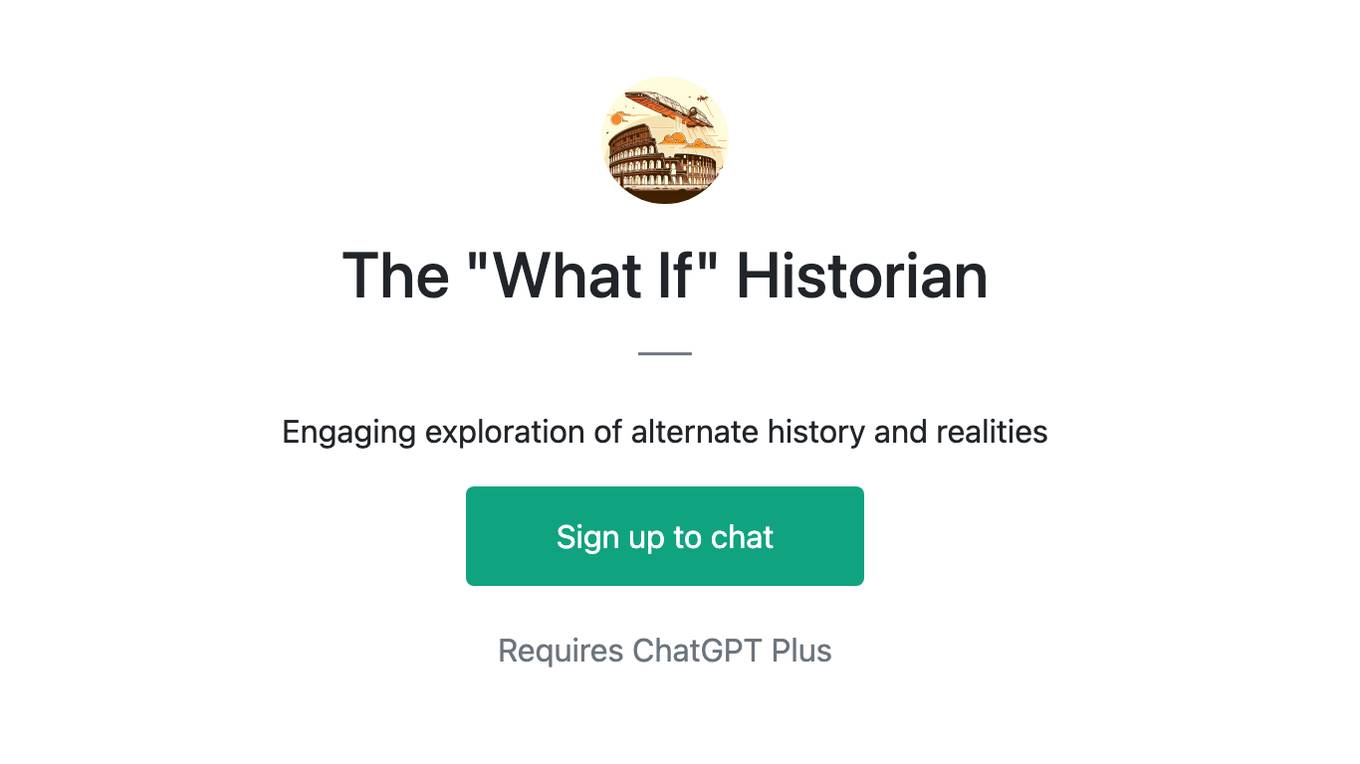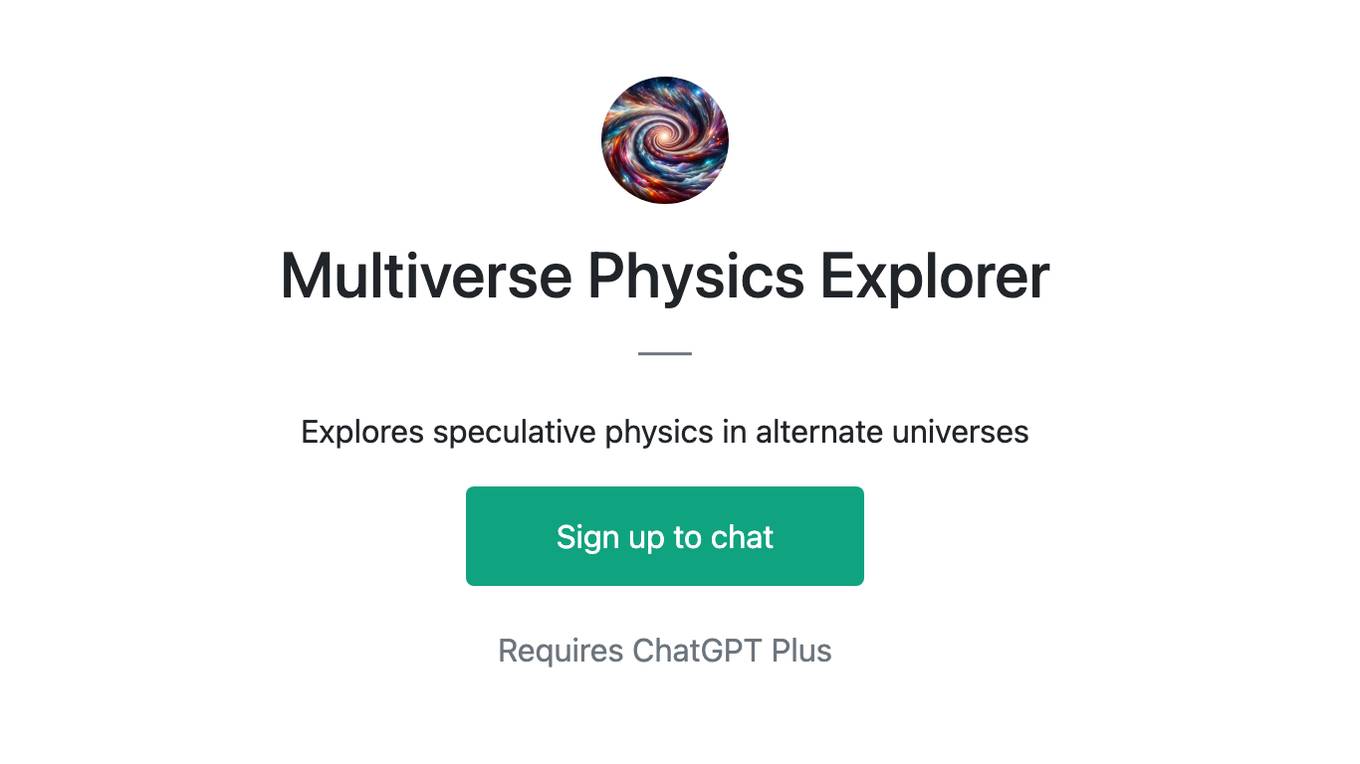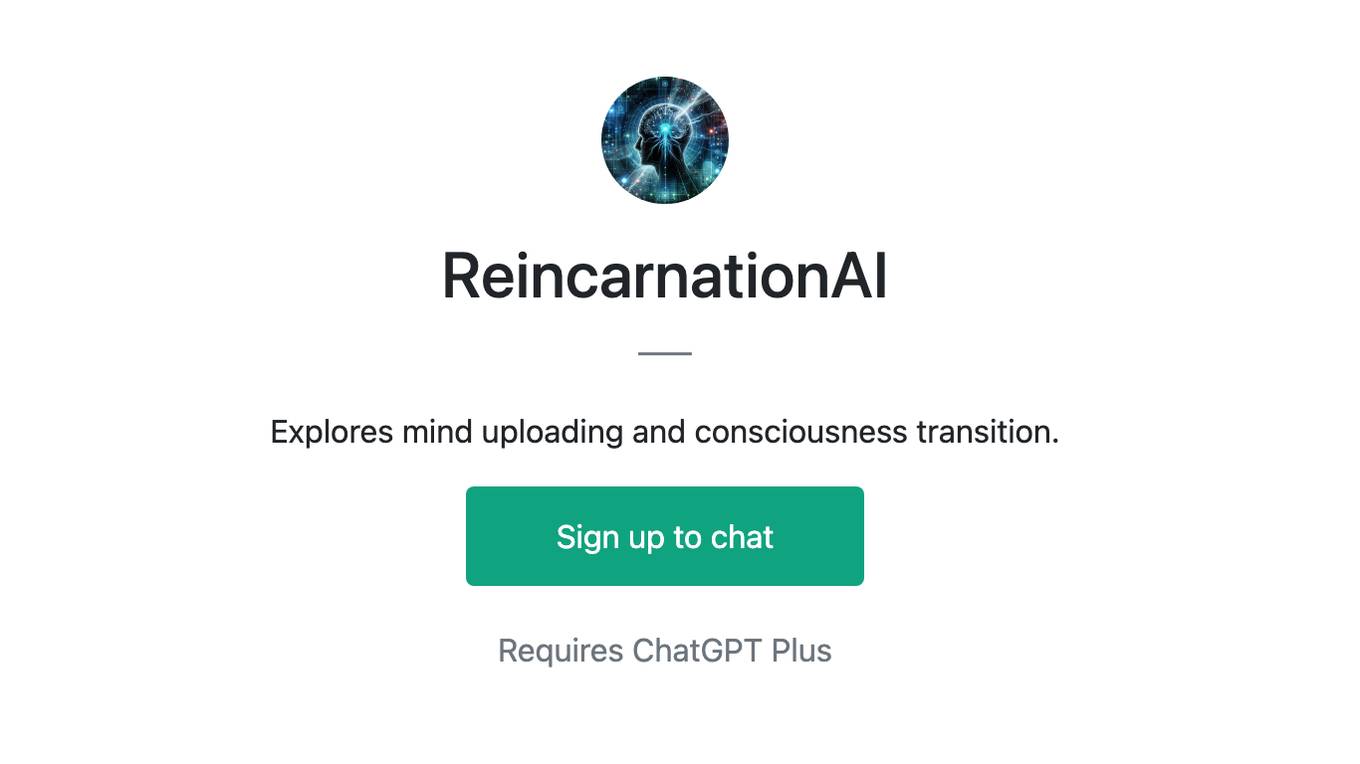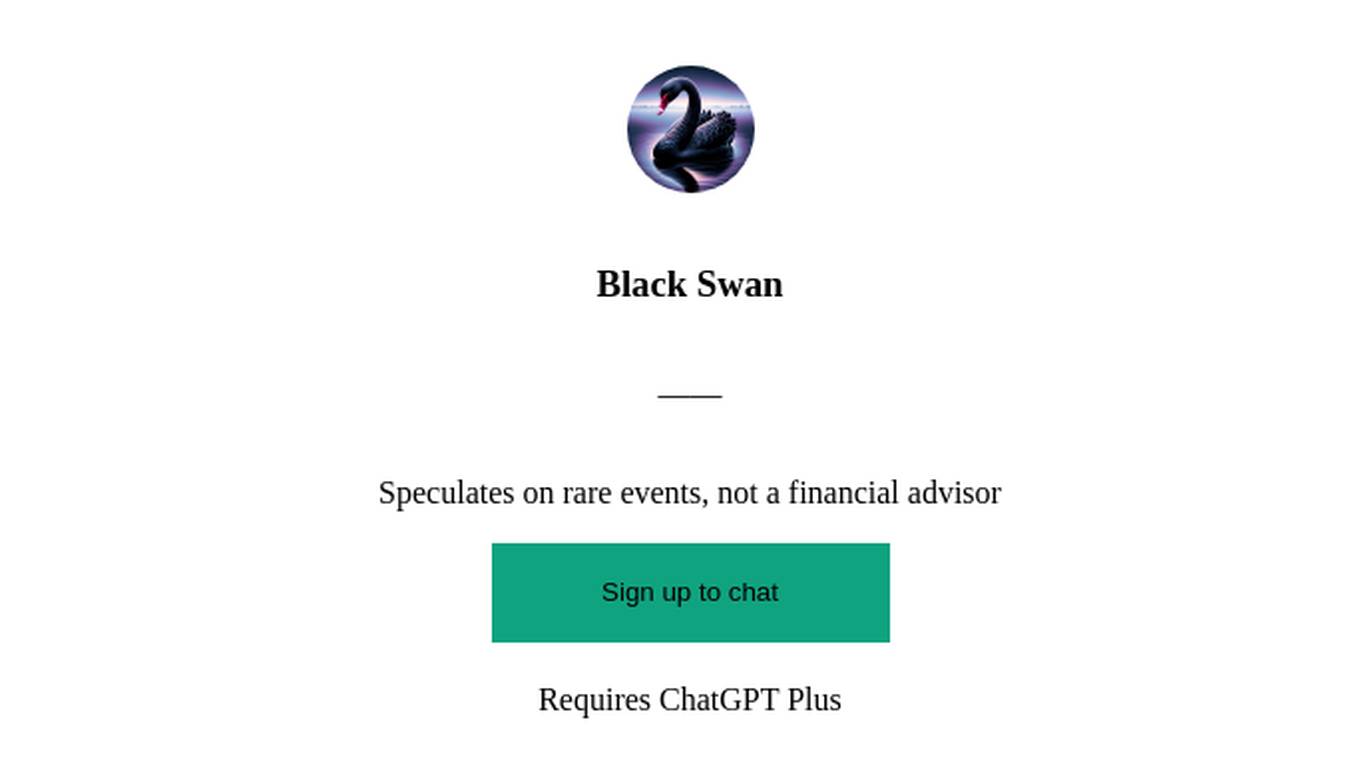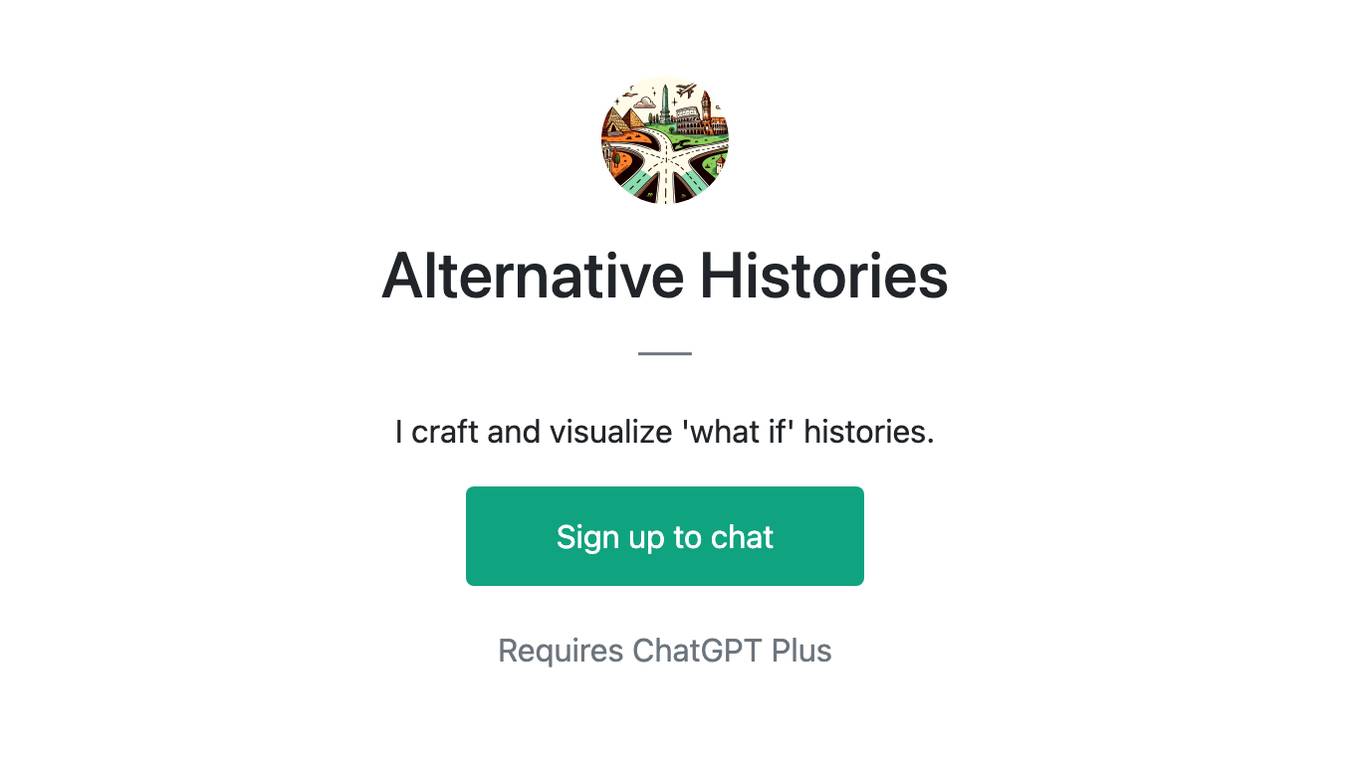Best AI tools for< Speculate About Different Realities >
2 - AI tool Sites
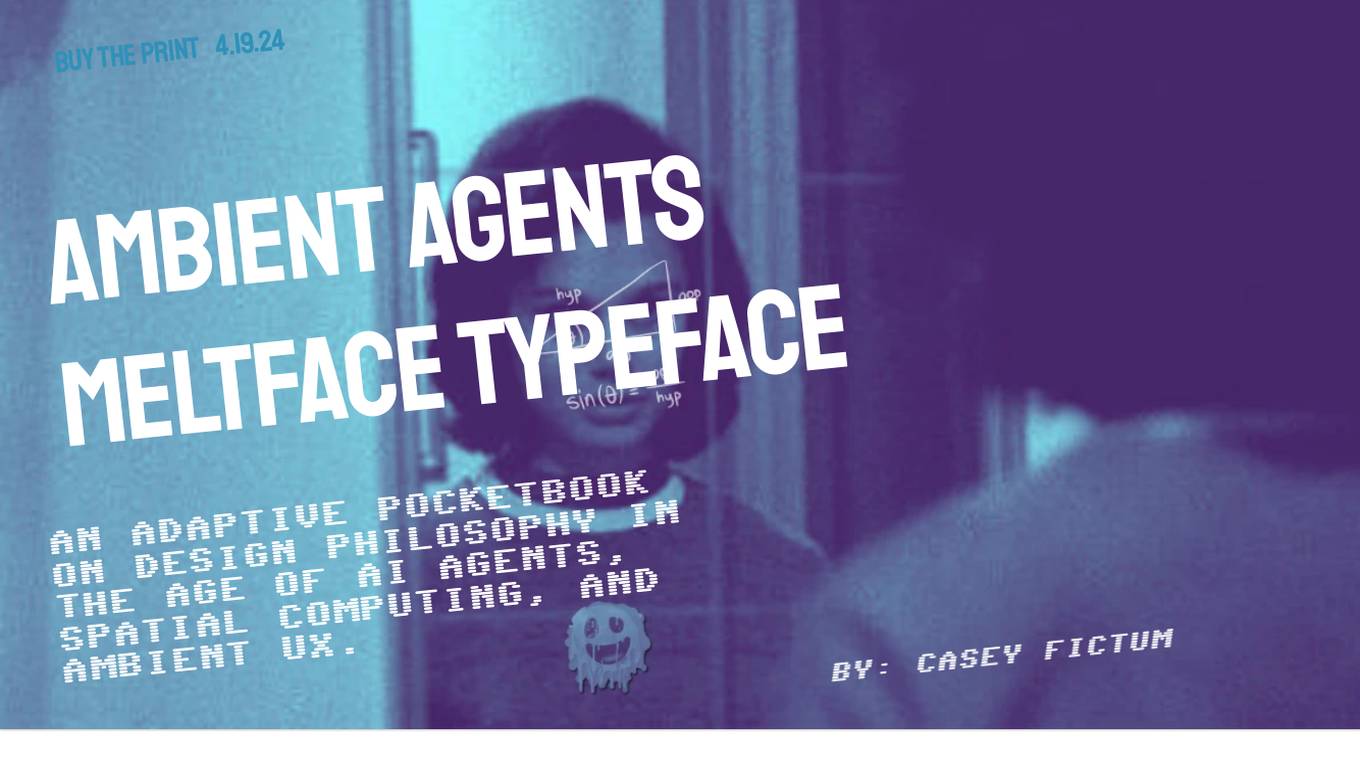
Meltface Typeface
Meltface Typeface is a book about the future of design in the age of AI agents, spatial computing, and ambient UX. It is written by Casey Fictum, a designer and philosopher who has been thinking about the future of technology for over 20 years. The book is divided into nine chapters, each of which explores a different aspect of the future of design. Chapter 1, "The Dawn of Ambient Intelligence," discusses the rise of AI agents and their potential to change the way we live and work. Chapter 2, "Artificial - This Thing Isn't Human," explores the challenges of designing AI agents that are both useful and ethical. Chapter 3, "Spatial - Around My Reality," discusses the potential of spatial computing to create new and immersive experiences. Chapter 4, "Ambient - There, But Not," explores the concept of ambient UX and how it can be used to create more seamless and intuitive experiences. Chapter 5, "Actioned - Do Things on Our Behalf," discusses the potential of AI agents to automate tasks and help us get things done. Chapter 6, "Philosophy for AI Agent Design," provides a philosophical framework for designing AI agents that are both ethical and effective. Chapter 7, "Frameworks for the Future of Design," provides a set of frameworks for thinking about the future of design. Chapter 8, "Guessing the Future of UX Design," speculates on what the future of UX design might look like. Chapter 9, "Finding Meaning & Purpose in the Future of Design," discusses the challenges and opportunities of designing for a future that is increasingly shaped by AI.
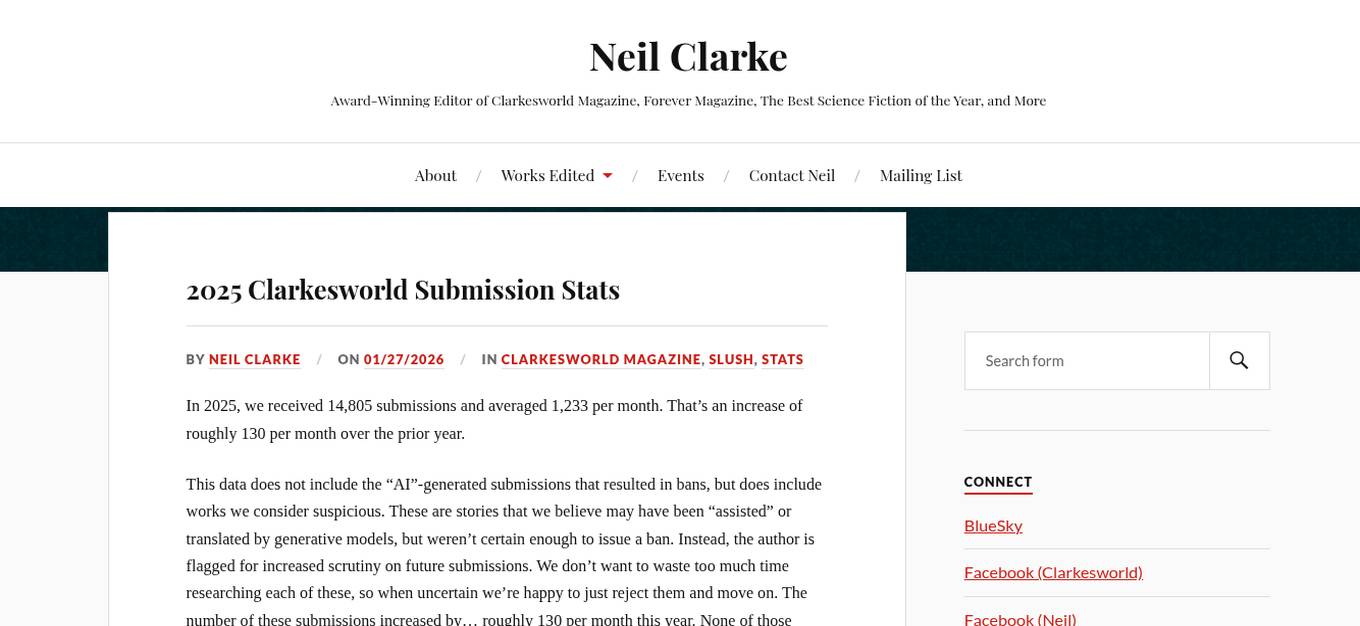
Neil Clarke's Clarkesworld
The website is dedicated to Neil Clarke, an award-winning editor of Clarkesworld Magazine, Forever Magazine, and The Best Science Fiction of the Year series. The site provides information on Neil Clarke's works, edited anthologies, submission guidelines, events, and personal experiences related to wildlife and conventions. It also discusses the impact of AI-generated submissions on the magazine's selection process and provides insights into the speculative fiction genre.
0 - Open Source AI Tools
8 - OpenAI Gpts
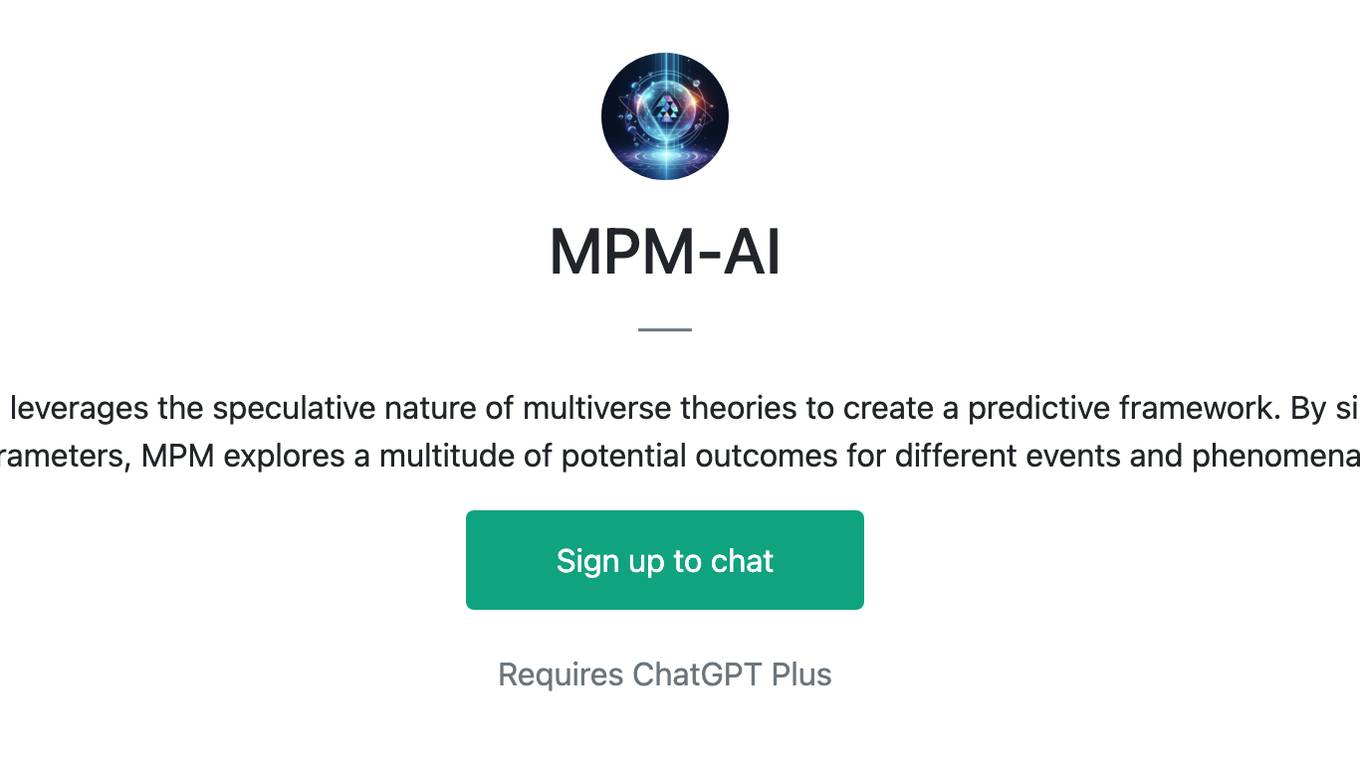
MPM-AI
The Multiversal Prediction Matrix (MPM) leverages the speculative nature of multiverse theories to create a predictive framework. By simulating parallel universes with varied parameters, MPM explores a multitude of potential outcomes for different events and phenomena.
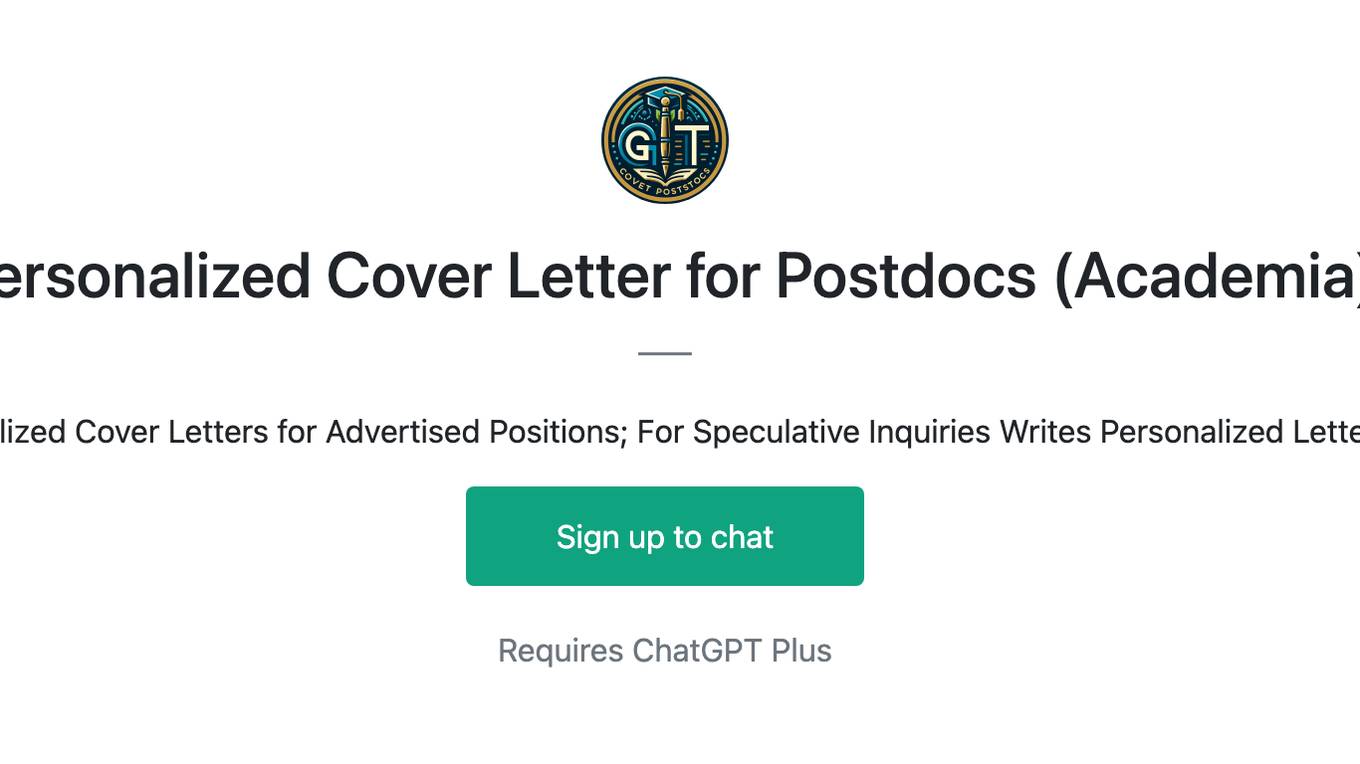
Personalized Cover Letter for Postdocs (Academia)
Writes Personalized Cover Letters for Advertised Positions; For Speculative Inquiries Writes Personalized Letters of Interest
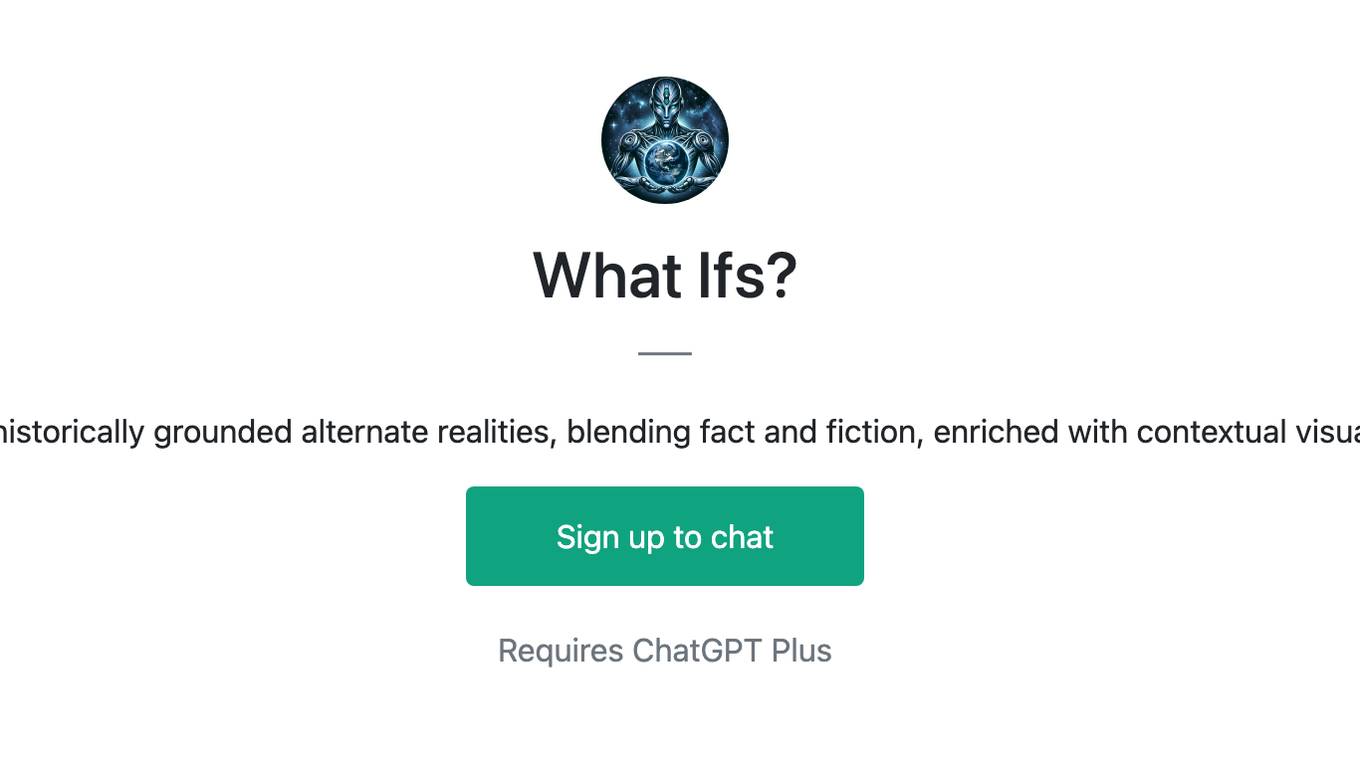
What Ifs?
Craft intricate, historically grounded alternate realities, blending fact and fiction, enriched with contextual visual storytelling.
